A closer look at key historic events that took place on June 20:
In 1992, Paraguay introduces a new constitution
Following years of dictatorship under Alfredo Stroessner, Paraguay adopted a new constitution aimed at establishing a democratic system. This constitution replaced the authoritarian framework of the 1967 document and included provisions for human rights, political pluralism, and the separation of powers.
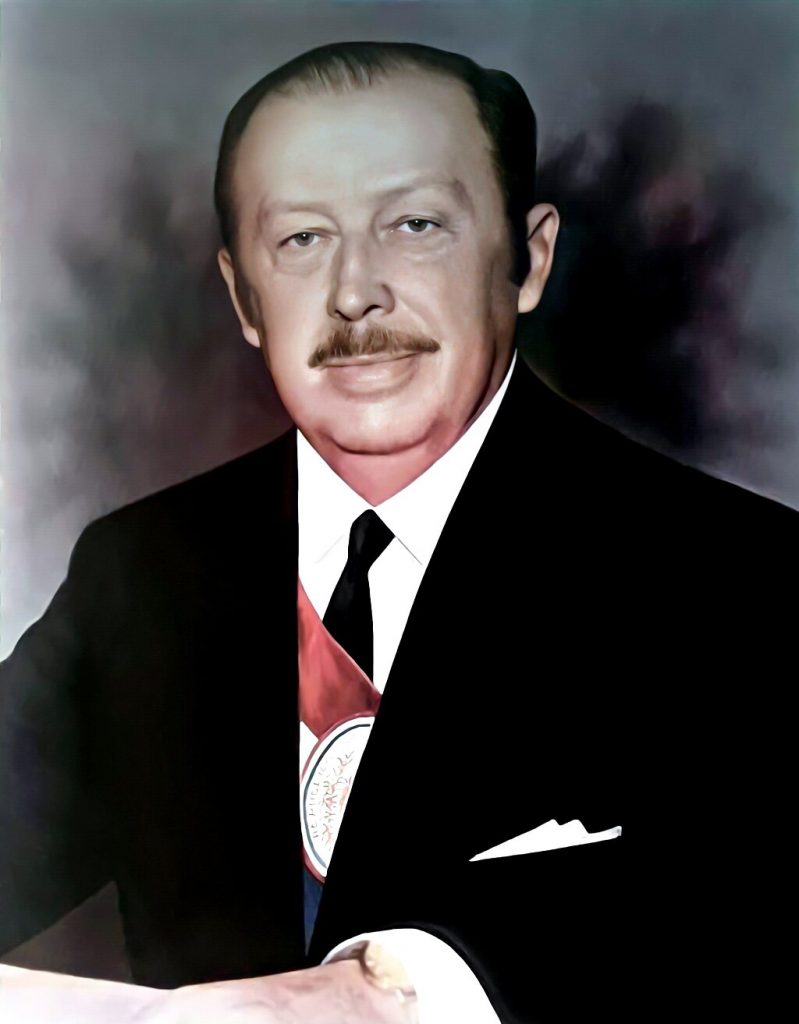
Official portrait of Alfredo Stroessner used during the Paraguayan general election of February 6, 1983.
In 1991, the German parliament moves to Berlin
After the reunification of East and West Germany, Berlin was formally reinstated as the capital of a unified Germany on October 3, 1990. On June 20, 1991, the “Hauptstadtbeschluss” (capital decision) stipulated that the seat of government and the parliament also be moved to the “new” capital.

English: Voting patterns of the Members of the German parliament (Bundestag) by constituency on the Berlin-Bonn capital decision on June 20, 1991. Blue for Berlin and Green for Bonn
In 1942, Kazimierz Piechowski and three others escape from Auschwitz
Kazimierz Piechowski, a Polish political prisoner, led a daring escape from Auschwitz along with three other inmates. They managed to steal uniforms and a car belonging to a SS officer, bluffing their way out of the heavily guarded facility in one of the most remarkable escapes from the notorious Nazi death camp. Only 144 prisoners are known to have escaped the camp.
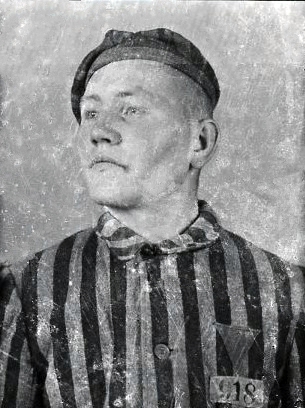
By Unknown author – This file has been extracted from another file, Public Domain, https://commons.wikimedia.org/w/index.php?curid=64927974
In 1837, Victoria becomes Queen of England
Queen Victoria ascended to the British throne in 1837 at the age of 18, after the death of William IV, marking the beginning of the Victorian era. Her reign, which lasted until 1901, saw significant industrial, cultural, political, and imperial changes that shaped the modern United Kingdom and its global influence.
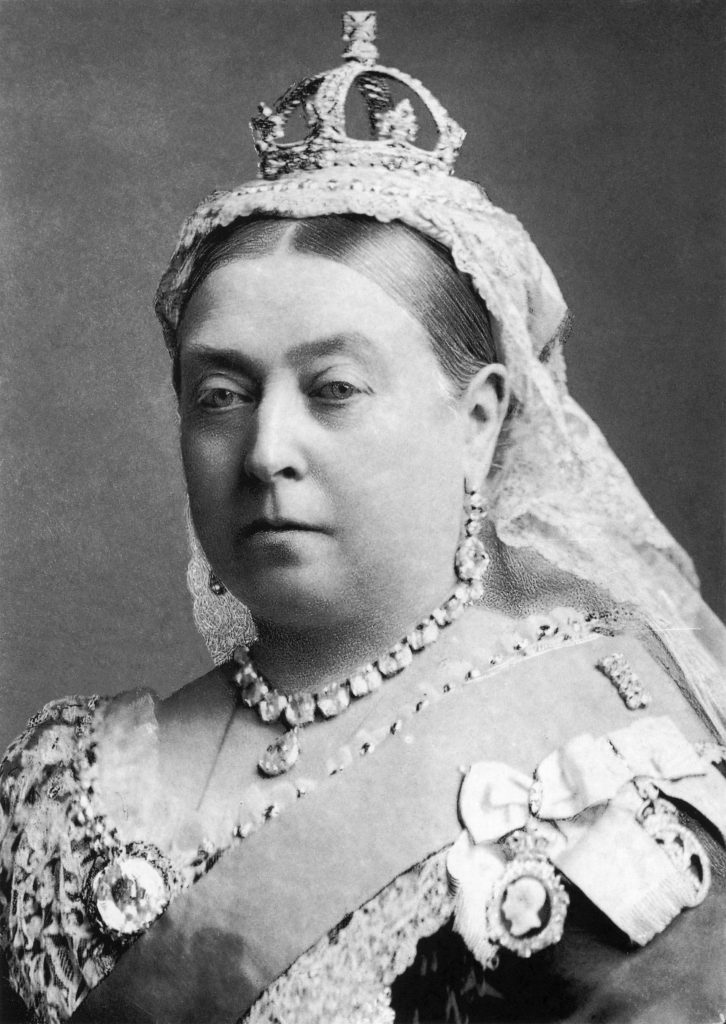
By Alexander Bassano – Original text: Scanned from the book ‘The National Portrait Gallery History of the Kings and Queens of England’ by David Williamson, ISBN 1855142287, p. 153.See here for 1901 publication. National Portrait Gallery: NPG x95802, Public Domain, https://commons.wikimedia.org/w/index.php?curid=6640482
In 1789, the Tennis Court Oath is made
During the French Revolution, delegates from the Third Estate (commoners) took an oath not to separate until a written constitution had been established in a tennis court near the Palace of Versailles. This oath, known as the Tennis Court Oath, was a pivotal moment in French history, symbolizing the determination of the Third Estate to reform the absolute monarchy.
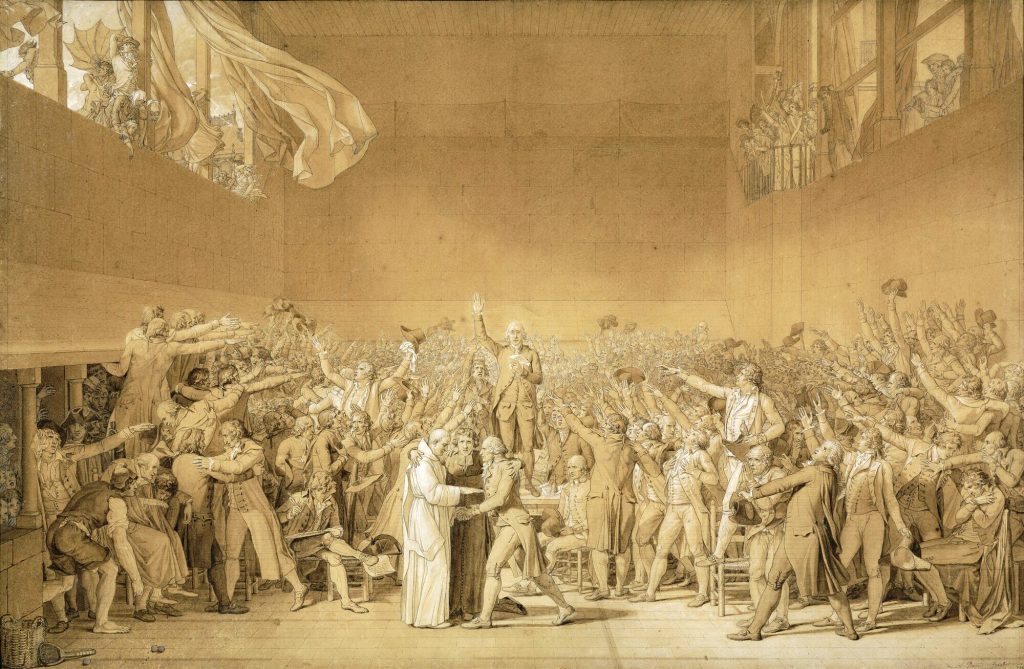
By Jacques-Louis David – http://collections.chateauversailles.fr/#ab1256a3-7143-43d9-b317-3bb58e03a1d2, Public Domain, https://commons.wikimedia.org/w/index.php?curid=641013
In 1567, the Casket Letters are discovered
The Casket Letters were a series of letters allegedly written by Mary, Queen of Scots, to James Hepburn, Earl of Bothwell, implicating her in the murder of her second husband, Lord Darnley. Their discovery in 1567 intensified the political turmoil in Scotland and ultimately contributed to Mary’s downfall and abdication in favor of her infant son, James VI.
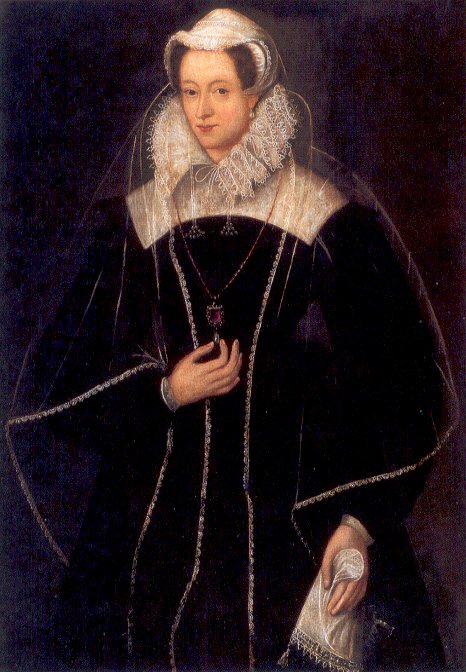
By http://www.marileecody.com/maryqosimages.html, Public Domain, https://commons.wikimedia.org/w/index.php?curid=3623973
– Don’t miss out on To Vima’s daily “On this Day in History” posts.


